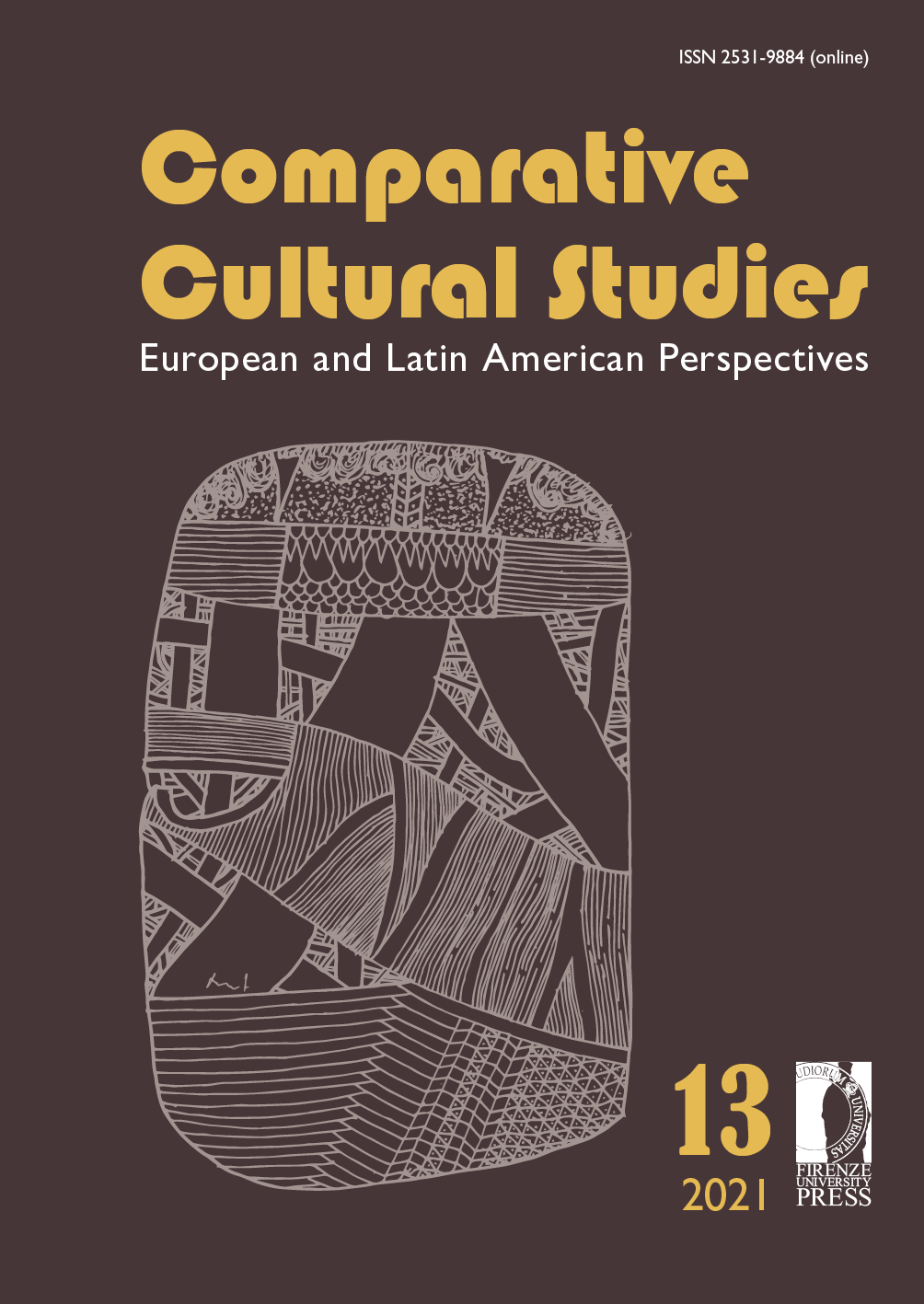Published 2021-04-13
Keywords
- Christian Orthodoxy,
- Covid-19,
- Diaspora,
- Multi-sited ethnography,
- Religion and pandemic
- Lockdown and restriction measures,
- Digital turn ...More
How to Cite
Abstract
This paper pledges to illustrate and analyse the practices and measures that Eastern European Orthodox Christian communities in the diaspora implemented in response to the global phenomenon of the SARS-CoV-2 epidemic. A comparative study of two different West-European communities, in Italy and France, will be attempted through the tools of multi-sited participant observation. We will illustrate the alternative forms of reaction and re-aggregation implemented by the faithful and their priests by putting them in communication with the two local contexts, and with the overall dynamics that have affected contemporary Orthodoxy. Observation will therefore offer fruitful opportunities to investigate the semantic variations with which Orthodox communities translate the debate between tecno-scientific measures and religious dogmas, and between civil and religious authorities, in a scenario in which orthodox migrants are protagonists of both a growing religious transnationalization, and a new everyday life regulated by epidemic risk and physical and social distancing. We will therefore focus on the production from below of new practices, which have readjusted the community belonging and the adherence to dogmas and traditional rituality, both central in Orthodox Christianity, to the current condition.


